Turn Gummies into THC Oil: Easy, Affordable, & Boosts Effects – Save Now!
Tired of spending a fortune on THCA vaporizer oil? Our revolutionary guide teaches you how to transf…….
In the ever-evolving landscape of cannabis products, the transformation of THC (tetrahydrocannabinol) has sparked both interest and controversy. This article delves into the process of converting THCA (tetrahydrocannabinolic acid), commonly found in raw cannabis extracts, into its psychoactive counterpart, THC. We will explore the science behind this conversion, its global impact, economic implications, technological innovations, regulatory landscape, and future prospects. By understanding how THCA gummies can be turned into THC, readers will gain insights into a significant aspect of the cannabis industry, its potential, and the challenges it navigates.
THC and THCA are both cannabinoids, chemical compounds found in the cannabis plant (Cannabis sativa). While THCA is non-psychoactive when consumed in its acid form, it serves as a precursor to THC. The conversion of THCA into THC involves a process known as decarboxylation, which is essentially the removal of a carbon atom from the THCA molecule. This simple chemical reaction releases a potent psychoactive compound, making cannabis products more effective and desirable.
THCA (Tetrahydrocannabinolic Acid): The starting material, THCA is a natural component of the cannabis plant, especially in high-CBD strains. It is responsible for various therapeutic effects but lacks psychoactivity.
Decarboxylation: This critical process involves heating THCA to a specific temperature, typically above 250°F (121°C), causing the removal of a carbon atom and converting it into THC.
THC (Tetrahydrocannabinol): The resulting compound, THC, is responsible for the characteristic psychoactive effects associated with cannabis consumption. It binds to cannabinoid receptors in the brain, inducing various physiological and psychological responses.
Historically, decarboxylation techniques have been employed by cannabis enthusiasts and medical professionals alike to extract and concentrate cannabinoids for medicinal and recreational use. The process has evolved over time, from traditional methods like solar dehydration to modern, precision-controlled heating techniques.
The global impact of THCA-to-THC conversion is profound, particularly in regions with liberal cannabis policies. Here’s a glimpse into the worldwide trends:
| Region | Legal Status | Key Trends |
|---|---|---|
| North America | Legalized for medical and recreational use in many states | Rapid growth in legal cannabis markets, driving innovation in extraction methods |
| Europe | Diverse regulations across countries; generally legal for medicinal use | Increasing focus on high-quality, safe cannabis products, leading to advanced extraction techniques |
| Asia Pacific | Mixed legalities; some countries permit medical cannabis | Rising demand for refined cannabis products, prompting investments in research and technology |
| Latin America | Legalization efforts gaining momentum | Emerging as a hub for cannabis tourism, attracting investment in production facilities |
In these regions, the conversion of THCA gummies into THC has led to a thriving industry. From small-batch artisanal producers to large-scale commercial operations, manufacturers are exploring innovative ways to extract and concentrate THC while ensuring product quality and consistency.
The economic implications of THCA-to-THC conversion are significant, shaping cannabis markets worldwide:
Market Dynamics: The global cannabis market is experiencing rapid expansion, with a focus on specialized, high-value products. THC-focused brands and products command premium prices, driving profitability.
Investment Patterns: Investment in cannabis startups, cultivation facilities, and extraction technology has soared. Many investors see the conversion process as a key enabler of economic growth in this sector.
Job Creation: The industry’s growth has led to job creation across various sectors, including farming, manufacturing, research, and sales. This includes specialized roles in chemical engineering for cannabis extraction.
Revenue Streams: Manufacturers can generate substantial revenue by converting THCA gummies into THC, selling the product as edibles, vapes, or concentrated oils, catering to diverse consumer preferences.
Technology plays a pivotal role in modernizing the THCA-to-THC conversion process:
Precision Heating Equipment: Advanced heating equipment, such as precision temperature controllers and vacuum ovens, allow for precise control during decarboxylation, ensuring consistent product quality.
Supercritical CO2 Extraction: This state-of-the-art method uses carbon dioxide in a supercritical state to extract cannabinoids from cannabis material, offering high purity and efficiency.
Enzymatic Decarboxylation: Enzymes are being explored as a natural alternative to heat for decarboxylating THCA, potentially providing a more environmentally friendly process.
Automated Systems: Automation is streamlining production, ensuring consistency and reducing manual labor requirements. This technology enables manufacturers to produce THC products on a larger scale while maintaining quality control.
The regulatory landscape surrounding THCA-to-THC conversion varies widely across jurisdictions:
Legal Frameworks: Some countries have legalized cannabis entirely, allowing for unrestricted conversion and sale of THC products. Others maintain strict controls, limiting access to medical cannabis patients only.
Licensing and Permits: In regulated markets, manufacturers must obtain licenses and permits to operate extraction facilities, ensuring compliance with safety and quality standards.
Taxation and Pricing: Governments impose taxes on cannabis products, influencing their pricing and availability. These policies aim to control consumption and generate revenue.
Research and Development: Many legal markets encourage research into cannabinoid chemistry and extraction techniques, fostering innovation while ensuring product safety.
Despite its potential, the conversion of THCA gummies into THC faces several challenges:
Safety Concerns: Improper decarboxylation or contamination during production can lead to unsafe products. Ensuring quality control and adherence to regulatory standards is crucial.
Consistency in Product Quality: Achieving consistent THC concentrations across batches is essential for consumer trust and product marketing.
Intellectual Property Issues: Patents and intellectual property rights on advanced extraction methods can limit access to technology, hindering innovation.
Public Perception: The perceived stigma associated with cannabis, especially in regions where it remains illegal, may impact the market’s growth potential.
Actionable Solutions: To address these challenges:
Israel’s pioneering medical cannabis program has been a model for global best practices. Local manufacturers have successfully converted THCA gummies into THC-rich products, catering to patients with various conditions. The country’s rigorous quality control measures and standardized product formulations have ensured patient safety and satisfaction. This case highlights the potential of THCA-to-THC conversion in providing accessible, high-quality medical cannabis.
Canadian companies have pioneered the production of gourmet THC edibles, transforming the way consumers interact with cannabis. Through precise decarboxylation and infusing THCA extracts into various food products, they offer a diverse range of flavors and strengths. This case study demonstrates the market appeal of refined THC products and the potential for innovation in edible cannabis brands.
The future of THCA-to-THC conversion looks promising, with several emerging trends shaping its trajectory:
Personalized Medicine: Advanced extraction techniques allow for the isolation of specific cannabinoids, enabling personalized medicine approaches tailored to individual patient needs.
New Product Development: The demand for novel cannabis products will continue, driving innovation in edibles, topicals, and other delivery methods beyond traditional vapes and smokeable products.
Global Expansion: As more countries legalize cannabis, global markets are expected to open up, presenting opportunities for international expansion and collaboration.
Sustainable Practices: There is a growing emphasis on sustainable and eco-friendly production methods, including the use of renewable energy sources and biodegradable materials.
The process of converting THCA gummies into THC is a complex yet captivating aspect of the cannabis industry. It has evolved from a niche interest to a significant economic driver and cultural phenomenon. As global attitudes towards cannabis continue to shift, the demand for refined THC products will likely increase. Addressing safety concerns, maintaining quality standards, and fostering innovation through collaboration will be crucial in shaping the future of this dynamic sector.
Q: Is it safe to convert THCA gummies into THC at home?
A: Home conversion is generally not recommended due to safety risks. Improper heating or contamination can lead to unsafe products. It’s best to leave this process to licensed manufacturers who adhere to strict quality control measures.
Q: What are the most common methods for decarboxylation?
A: The two most common methods are precision heating using temperature controllers and vacuum ovens, and enzymatic decarboxylation using natural enzymes as catalysts.
Q: How does the conversion process affect THC’s potency?
A: Decarboxylation enhances THC’s potency by converting THCA into its active form. The final product typically has a higher concentration of THC than the starting material.
Q: Can THCA gummies be converted into other cannabinoids as well?
A: Yes, the conversion process can be adapted to produce various cannabinoids, including CBD (cannabidiol) and CBG (cannabigerol), each with its unique therapeutic properties.
Q: What are the potential environmental impacts of cannabis extraction?
A: Improper extraction methods can lead to environmental hazards, such as chemical runoff and energy consumption. Sustainable practices, like using renewable energy and biodegradable materials, can minimize these impacts.
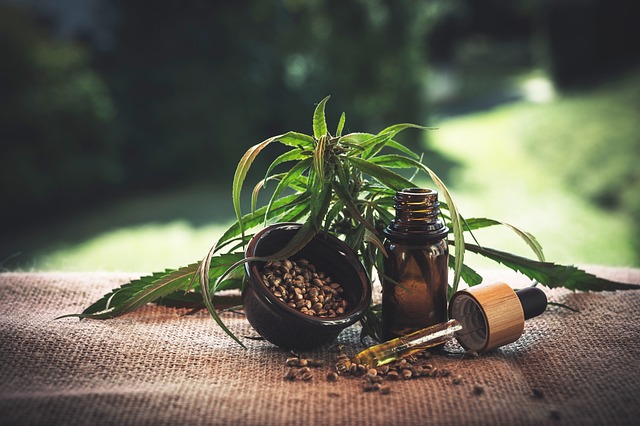
Tired of spending a fortune on THCA vaporizer oil? Our revolutionary guide teaches you how to transf…….
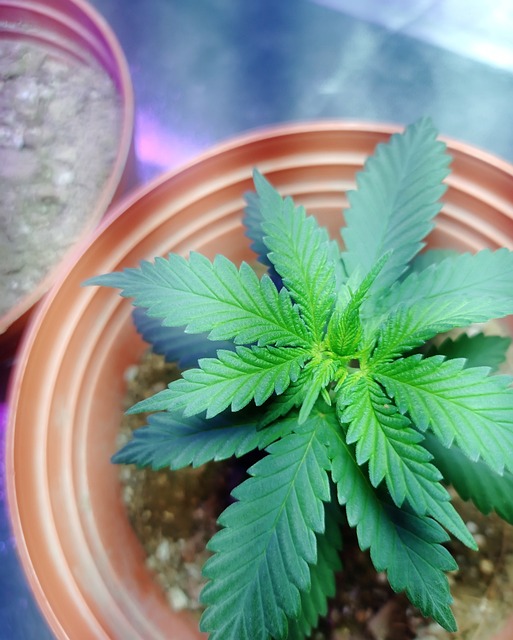
Tired of spending a fortune on store-bought THC gummies? Discover the secret to turning your THCA gu…….
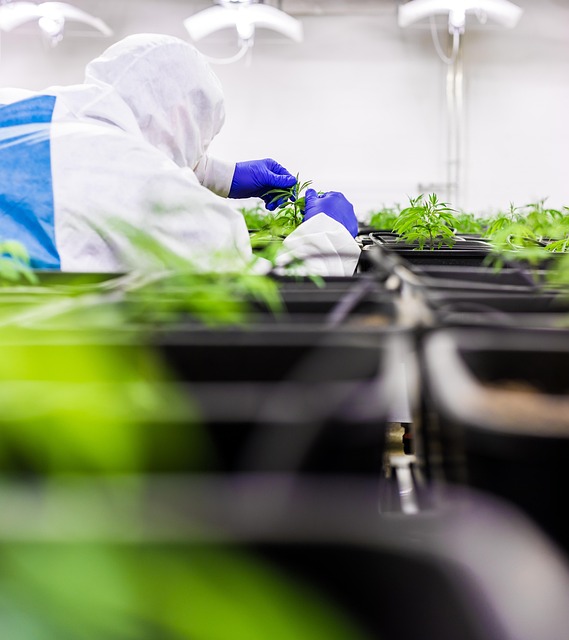
Tired of spending a fortune on THC products with little result? Discover the game-changing method to…….
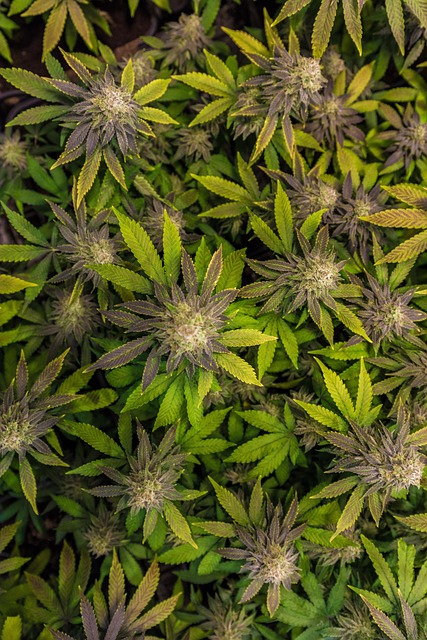
Tired of the complexities and costs associated with converting THCA gummies into THC? Discover our r…….

Tired of the high costs and complexities of traditional THC products? Discover the game-changer: lea…….
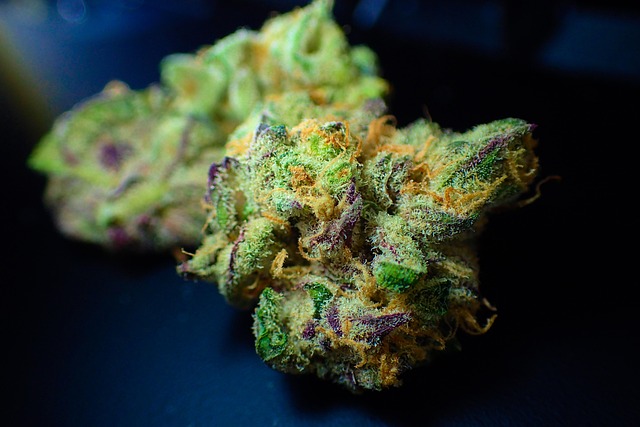
Tired of the complexities and costs associated with manual THCA conversion? Our innovative capsules…….
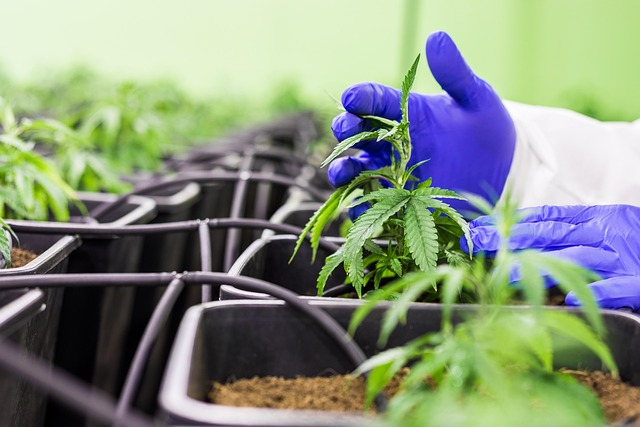
Tired of overspending on Delta 8 THC edibles? Discover the secret to transforming your existing THCA…….
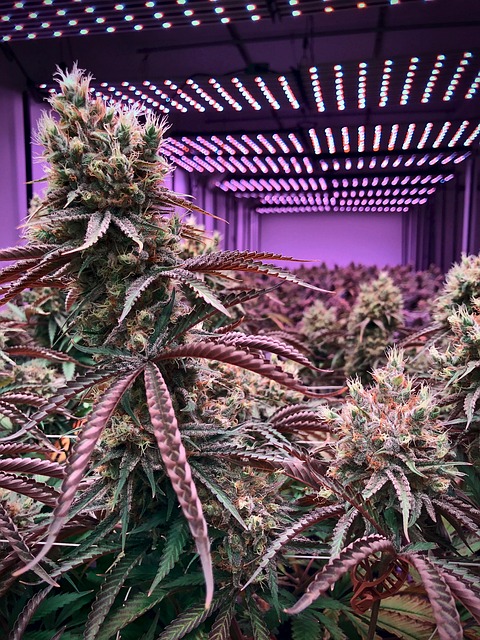
Tired of overspending on Delta 8 THC edibles? Discover the secret to transforming your existing THCA…….
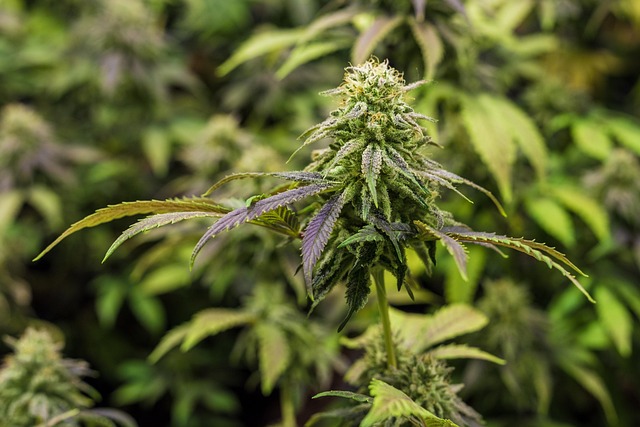
Tired of paying premium prices for THC vapes? Say hello to a cost-effective, convenient, and persona…….